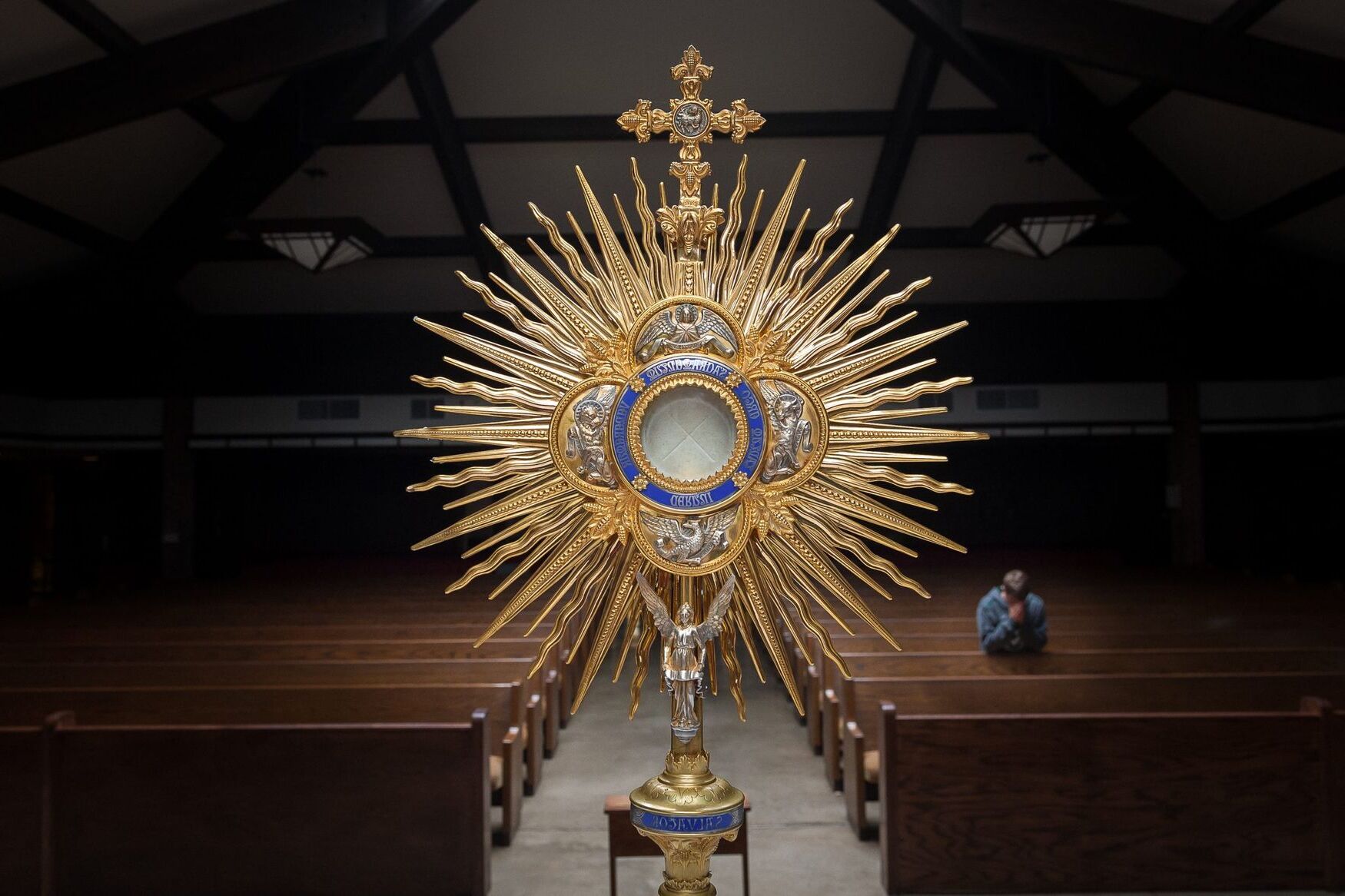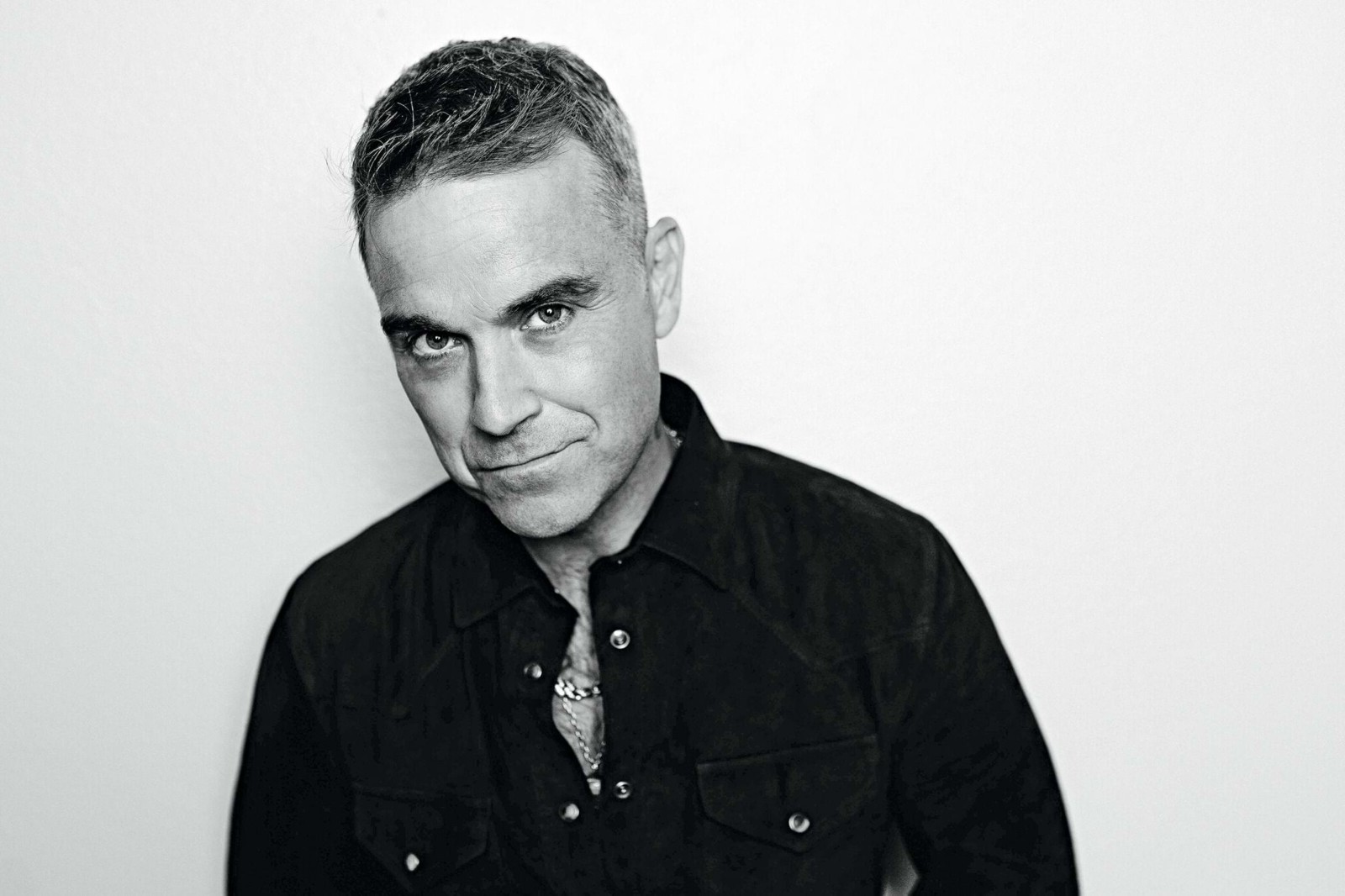
Sacramento, the capital of California, is a city rich in history, culture, and unique attractions. Ever wondered why it's called the "City of Trees"? Or perhaps you're curious about its Gold Rush past? Sacramento offers a blend of old and new, from historic landmarks to modern art scenes. Did you know it has more trees per capita than most other cities in the world? Whether you're a history buff, nature lover, or foodie, Sacramento has something for everyone. Ready to learn more? Here are 50 fascinating facts about this vibrant city that will surprise and delight you.
Key Takeaways:
- Sacraments are important rituals in Christianity, symbolizing divine grace and marking significant moments in a Christian's spiritual journey. They strengthen faith and foster a deeper relationship with God.
- Different Christian denominations have varying perspectives on sacraments, influencing how they are understood and practiced. This diversity continues to be a topic of discussion and debate within the Christian community.
The Basics of Sacrament
Sacraments are vital rituals in many Christian denominations. They symbolize and convey divine grace. Here are some foundational facts about sacraments.
- Sacraments are sacred rites recognized by Christian churches.
- Most Christian denominations recognize seven sacraments. These include Baptism, Eucharist, Confirmation, Reconciliation, Anointing of the Sick, Marriage, and Holy Orders.
- The term "sacrament" comes from the Latin word "sacramentum." This means "a sign of the sacred."
- Sacraments are considered outward signs of inward grace. They are believed to be instituted by Christ.
- Baptism is often the first sacrament received. It symbolizes purification and admission into the Christian community.
Baptism: The First Step
Baptism is a significant sacrament marking the beginning of a Christian's spiritual journey. Let's dive into some interesting facts about Baptism.
- Baptism can be performed by immersion, pouring, or sprinkling water.
- John the Baptist baptized Jesus in the Jordan River. This event is considered the foundation of the Christian practice of Baptism.
- Infant baptism is common in many denominations. It signifies the child's entry into the faith community.
- In some traditions, adults must undergo a period of preparation before baptism. This period is known as catechumenate.
- Baptism is often accompanied by the recitation of the Apostles' Creed.
Eucharist: The Holy Communion
The Eucharist, also known as Holy Communion, is a central sacrament in Christian worship. It commemorates the Last Supper of Jesus Christ with his disciples.
- The Eucharist involves the consumption of bread and wine. These elements symbolize the body and blood of Christ.
- The term "Eucharist" comes from the Greek word "eucharistia," meaning thanksgiving.
- The practice of the Eucharist dates back to the early Christian church.
- In Catholicism, the Eucharist is considered a sacrament of initiation.
- The bread used in the Eucharist is often unleavened. This is in remembrance of the Passover meal.
Confirmation: Strengthening Faith
Confirmation is a sacrament that strengthens and deepens one's faith. It is often received after Baptism.
- Confirmation is sometimes referred to as Chrismation. This term is used in Eastern Orthodox and Eastern Catholic churches.
- The sacrament involves the anointing with chrism oil.
- Confirmation is usually administered by a bishop.
- In some traditions, Confirmation is received during adolescence.
- The sacrament signifies the recipient's full membership in the church.
Reconciliation: Confession and Forgiveness
Reconciliation, also known as Confession, is a sacrament of healing. It involves confessing sins to a priest and receiving absolution.
- Reconciliation is also called the Sacrament of Penance.
- The practice of confession dates back to the early church.
- Confession can be done privately or in a communal setting.
- The priest grants absolution in the name of Christ.
- Reconciliation is seen as a way to restore one's relationship with God.
Anointing of the Sick: Healing and Comfort
Anointing of the Sick is a sacrament that provides spiritual and sometimes physical healing. It is often administered to those who are seriously ill or near death.
- The sacrament involves anointing with oil and prayers for healing.
- It was formerly known as Extreme Unction.
- Anointing of the Sick can be received more than once.
- The sacrament is believed to provide comfort and strength.
- It is often administered by a priest or bishop.
Marriage: A Sacred Union
Marriage is a sacrament that unites a man and woman in a lifelong covenant. It symbolizes the union between Christ and the Church.
- Marriage is considered a sacrament in many Christian denominations.
- The sacrament involves the exchange of vows and rings.
- Marriage is seen as a partnership of mutual love and support.
- The sacrament is often celebrated with a special ceremony.
- Marriage is intended to be a lifelong commitment.
Holy Orders: Serving the Church
Holy Orders is a sacrament that ordains individuals to serve the church in various capacities. It includes the ordination of deacons, priests, and bishops.
- Holy Orders is a sacrament of service.
- The sacrament involves the laying on of hands and prayer of consecration.
- Ordination confers a special grace for ministry.
- The sacrament is usually administered by a bishop.
- Holy Orders is considered a lifelong commitment.
The Role of Sacraments in Daily Life
Sacraments play a crucial role in the spiritual lives of Christians. They provide grace, strengthen faith, and foster a deeper relationship with God.
- Sacraments are seen as channels of divine grace.
- They mark significant moments in a Christian's spiritual journey.
- Sacraments are often celebrated within the context of community worship.
- They provide opportunities for spiritual growth and renewal.
- Sacraments are a means of encountering Christ in a tangible way.
Theological Perspectives on Sacraments
Different Christian denominations have varying theological perspectives on sacraments. These perspectives influence how sacraments are understood and practiced.
- Catholics believe in the real presence of Christ in the Eucharist.
- Protestants generally view sacraments as symbolic acts.
- Orthodox Christians emphasize the mystery of the sacraments.
- Anglicans hold a middle ground between Catholic and Protestant views.
- The theology of sacraments continues to be a topic of discussion and debate.
Final Glimpse at Sacramento
Sacramento's rich history, diverse culture, and unique attractions make it a fascinating city. From its Gold Rush beginnings to its role as California's capital, Sacramento has grown into a vibrant hub. The city boasts landmarks like the California State Capitol, Old Sacramento, and the Tower Bridge. Its food scene, with farm-to-fork dining, is a treat for foodies. The Sacramento Kings bring sports excitement, while the American River Parkway offers outdoor adventures. Museums, theaters, and festivals add to the city's charm. Sacramento's blend of history, culture, and modern amenities ensures there's something for everyone. Whether you're a history buff, foodie, sports fan, or nature lover, Sacramento has plenty to offer. So next time you're planning a trip, consider exploring this dynamic city. You'll leave with a deeper appreciation for its past and a sense of its vibrant present.
Frequently Asked Questions
Was this page helpful?
Our commitment to delivering trustworthy and engaging content is at the heart of what we do. Each fact on our site is contributed by real users like you, bringing a wealth of diverse insights and information. To ensure the highest standards of accuracy and reliability, our dedicated editors meticulously review each submission. This process guarantees that the facts we share are not only fascinating but also credible. Trust in our commitment to quality and authenticity as you explore and learn with us.


